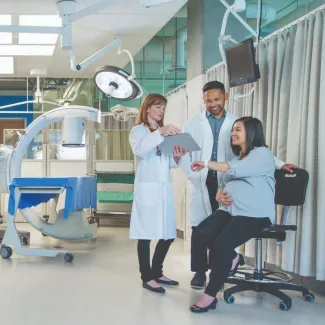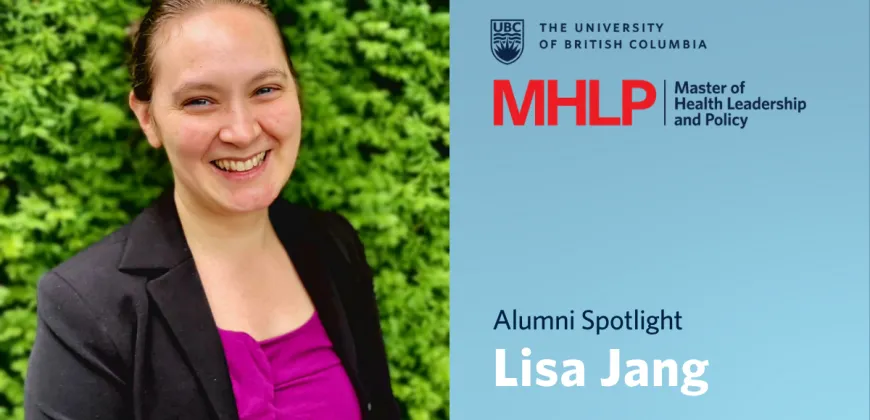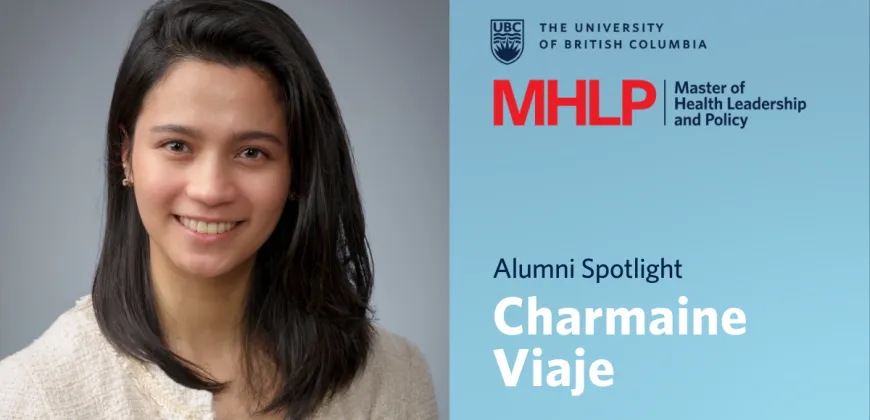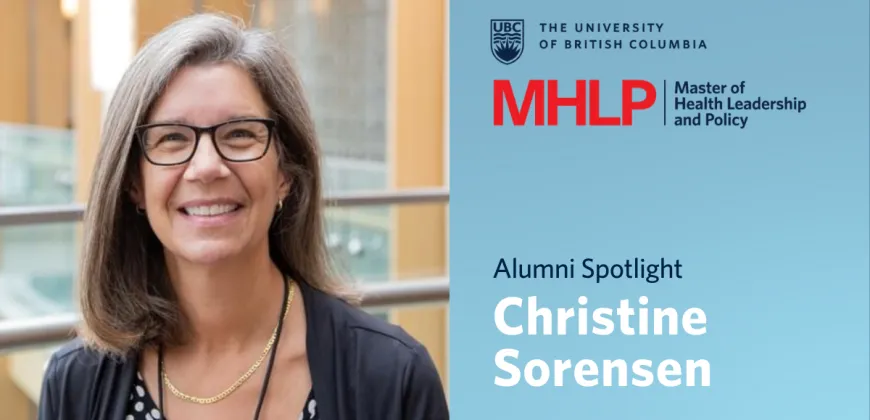Alumni Spotlight: Ahmed Soltan
The new knowledge he gained in clinical education and health leadership – combined with the practical experience of his practicum – enabled Ahmed Soltan to get a job as a policy analyst immediately after graduating with his master’s degree.
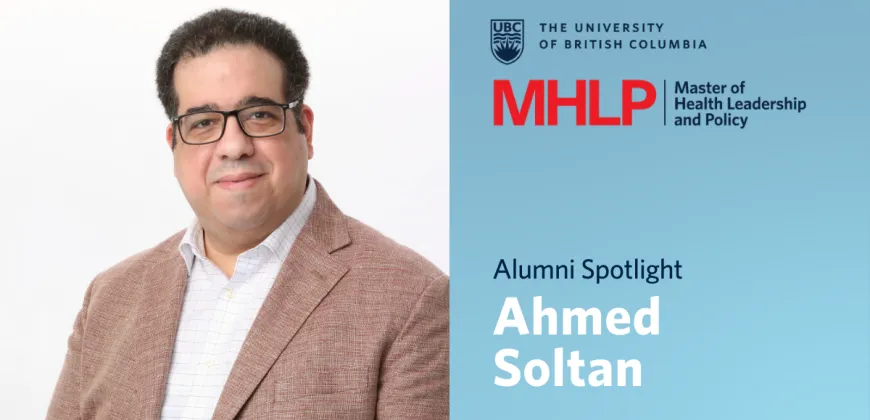
Ahmed Soltan had worked as a general physician in Egypt and Saudi Arabia for 16 years before moving to Canada in 2018. Eager to pursue new opportunities, he knew a master’s degree from a Canadian university would give him the credentials needed to get a job in health care and expand his skill set beyond clinical care.
“The Master of Health Leadership stood out when I was researching graduate programs,” he says. “It matched what I was looking for to help me move into managerial roles while also giving me specific insights in clinical education.”
Learning to lead
The health care classes in the MHLP in Clinical Education cover theories of clinical education, curriculum development, evidence-based practices, leadership in nursing, and health policy.
Ahmed particularly enjoyed the course on curriculum development, which enabled him to reflect on his past experiences as a First Aid educator and gain new perspectives on the theory and practice of curriculum development.
For one of the course assignments, Ahmed worked on a group project to develop a curriculum for training nurses on how to share cancer information with patients and their families. “It was a good opportunity to work as a team to understand the different audiences and develop strategies to communicate most effectively with each of them,” he says. At the end of the workshop, the group surveyed participants to test their knowledge gain and identify areas for improvement.
Another course that stood out was on leadership in nursing. “Leadership is not about being a manager,” says Ahmed. “This course opened my eyes to the strategies true leaders use to inspire their team members to collaborate so they can work together to achieve an organization’s goals.”
Forty per cent of the MHLP in Clinical Education consists of business and leadership classes taught through UBC Sauder’s Robert H. Lee Graduate School. A course on project management and leadership was helpful for learning how to manage projects more effectively, as well thinking about project management in the context of organizational change. “We talked about the impacts of change, ways to help your staff accept change and how to lead an organization through change in non-coercive ways.”
For one of the class assignments, he developed a plan for a department transitioning from paper-based to digital records. This included developing an initial project chart and plan to documenting strategies for change management, risk analysis and mitigation.
Students from the MHLP take the business courses with the cohort from the MHLP in Seniors Care, as well as students in the Master of Engineering Leadership, making for very diverse project teams.
“It was a rich experience and we got practice in learning how to integrate a team made up of people of different professional backgrounds, as well as people of different ages and cultures. It was very helpful for learning how to put ideas into action, learning how to collaborate, and being an effective member of a group.”
From practicum student to policy analyst
Students in Clinical Education complete a practicum, and Ahmed completed his with the Provincial Health Services Authority (PHSA) where he reviewed the PHSA’s infection prevention and control policies. He clearly made a good impression: shortly after completing the practicum he was asked if he could stay on to continue his work, this time as an employee.
In his new role as a policy analyst, Ahmed is reviewing the infection control standards and policies across all programs operated through PHSA (such as BC Cancer, BC Women’s Hospital and BC Children’s Hospital) to look for opportunities to standardize practices and make sure the procedures, protocols and guidelines represent best practice in infection prevention control and reflect lessons learned from the COVID-19 pandemic.
He’s happy in his new job as it allows him to work in the health care sector in a different kind of role than he has had in the past – one that draws on his clinical experience and the skills he gained over 2021 as an MHLP student.
“This program is all about learning how to lead teams in health care and other environments,” says Ahmed. “It is a good opportunity to move away from your comfort zone in clinical practice and try out new things. Even the business courses that you might not think are immediately relevant – like the foundation of how to build a brand – are actually very interesting and can be applied to the health care sector.”
–
Take the steps to join the next cohort of healthcare leaders. If you haven’t already, assess your eligibility and sign up for the upcoming information session to learn how to submit a strong application. Learn more about this innovative master’s program:
